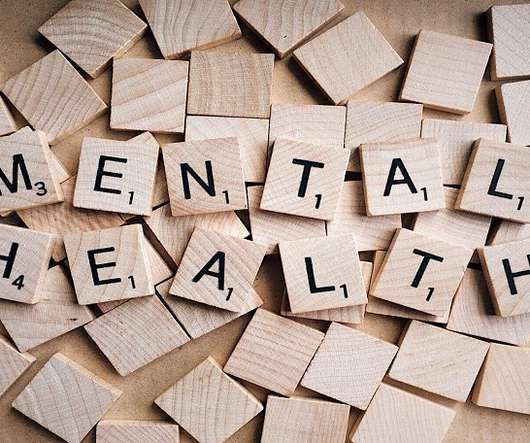How to Choose a Therapist: Tips and Fits
Stop Abuse Campaign
JANUARY 13, 2022
“Therapy” is often used interchangeably with the terms “counseling” and “psychotherapy.” Counseling and psychotherapy are used with virtually all types of mental illness including: . Answer these ten confidential questions developed with the CDC and understand your warning signs. Clinical Psychology PHD Student.












Let's personalize your content